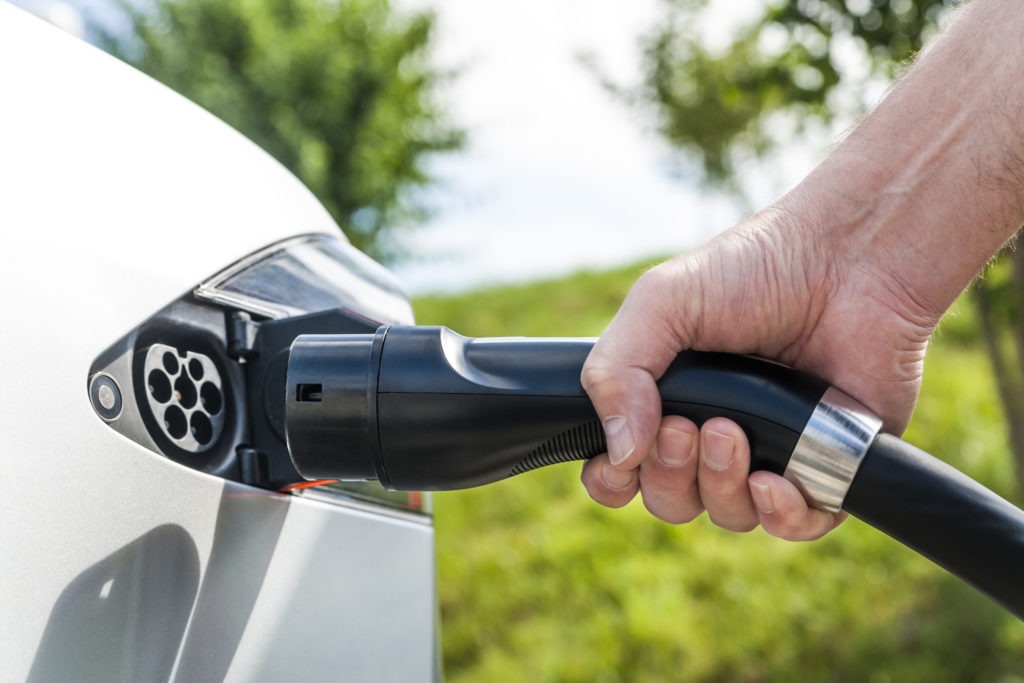Manufacturers finding EV bottlenecks as demand for vehicles increases
23 January 2018

23 January 2018
As drivers look towards electric vehicles (EVs), and with a limited number available in showrooms today, two major vehicle manufacturers are finding their ability to keep up with demand hampered.
Daimler is warning that its customers for the electric Smart are going to have to wait for up to a year. According to Smart boss Annette Winkler, the manufacturer is ′working hard to increase capacity.’ More vehicles were sold within the first six months of the new generation of vehicles than expected, with totals beating the combined number of vehicles sold in 2013 and 2014 together.
′The increase in demand is developing much more quickly and even faster than we could expect and plan with our suppliers,’ Winkler told Automobilwoche
Smart is aiming to become totally electric by 2020, and the new E-Smart already had a six-month waiting list when it was first announced in the latter part of 2017. With 3,000 units sold so far, the vehicle is one of the most popular full-electric cars in Germany, and demand has surprised the German manufacturer. Of course, we are working hard to start up the capacities,’ Winkler continued.
Meanwhile, at fellow German brand Volkswagen (VW), there are also production bottlenecks that are slowing delivery of the company’s e-Up! and e-Golf models. The Golf has currently been withdrawn from sale to ensure demand can be met, although there is speculation as to whether it will be returned to sale, especially as VW invests in new models and plans to introduce its first I.D. saloon vehicle later in 2018.
′We could sell today significantly more e-Golf or E-Up than we are currently able,’ said VW Brand Manager Herbert Diess in an interview with the FAZ newspaper.
To meet demand, the company has announced a second shift at its facility in Dresden. In a press release, the company wrote: ′To meet higher demand for the e-Golf, production capacity at the Transparent Factory is to be increased. From March 2018, production is to increase step-by-step from 35 to 70 vehicles per day. The plant will switch from single-shift operation to 2-shift operation in the course of this change.’
Experts in Germany have been critical of vehicle manufacturers for some time, seeing plans for such low production numbers as an issue which will eventually lead to demand outstripping availability. Also, with new supply chains being created, especially in battery development and building, there is potential for ′teething troubles’ to bring production lines to a standstill. This is evident at US-based Tesla, which has blamed supply bottlenecks for its inability to meet production deadlines with its new Model 3.
The issue of supply bottlenecks holding demand is also being felt in Asia, with Hyundai-Kia increasing production targets for its Hyundai Kona and Kia Niro, while the company admitted it underestimated demand for the pure electric Hyundai Ioniq in the German market.